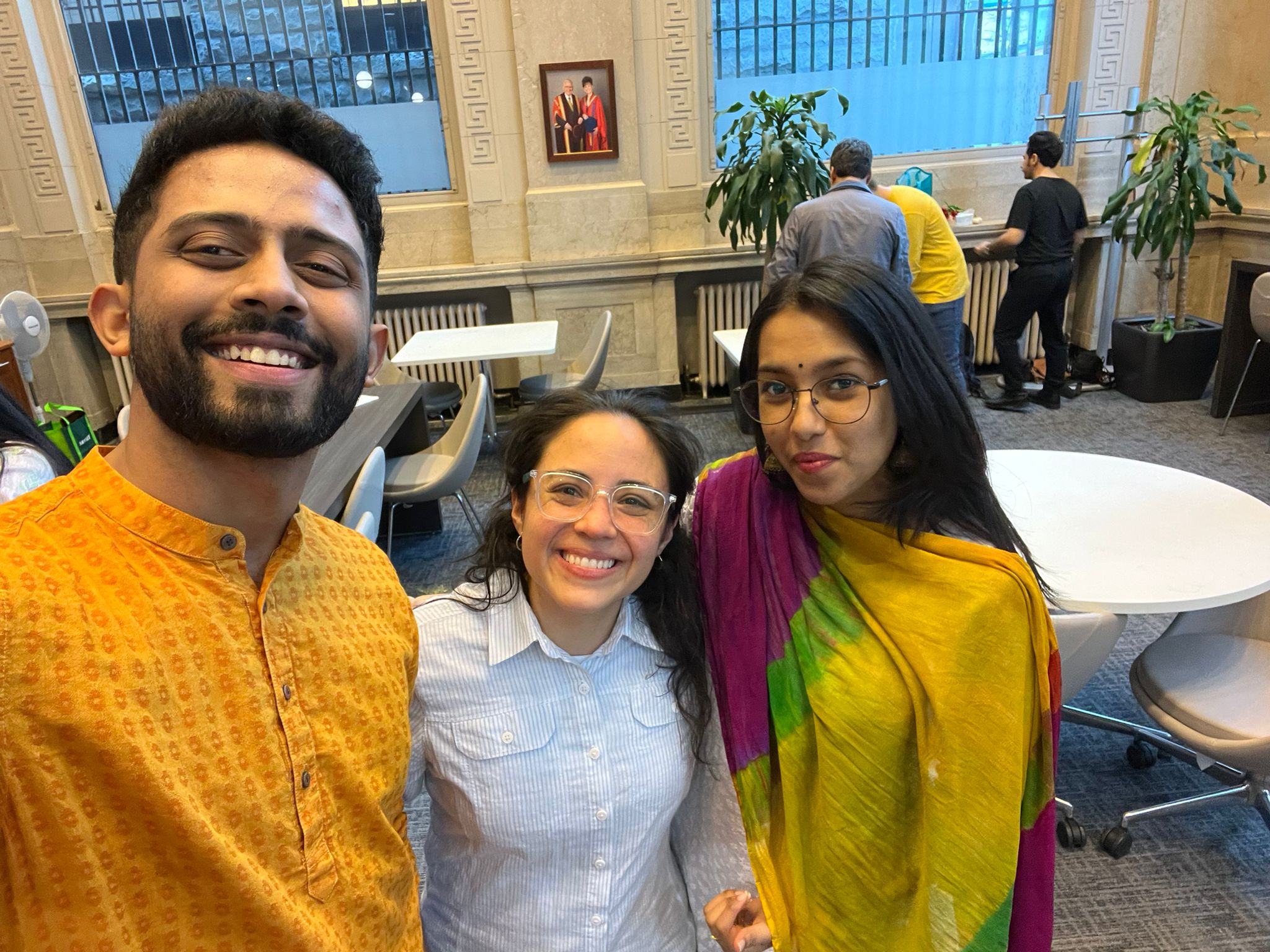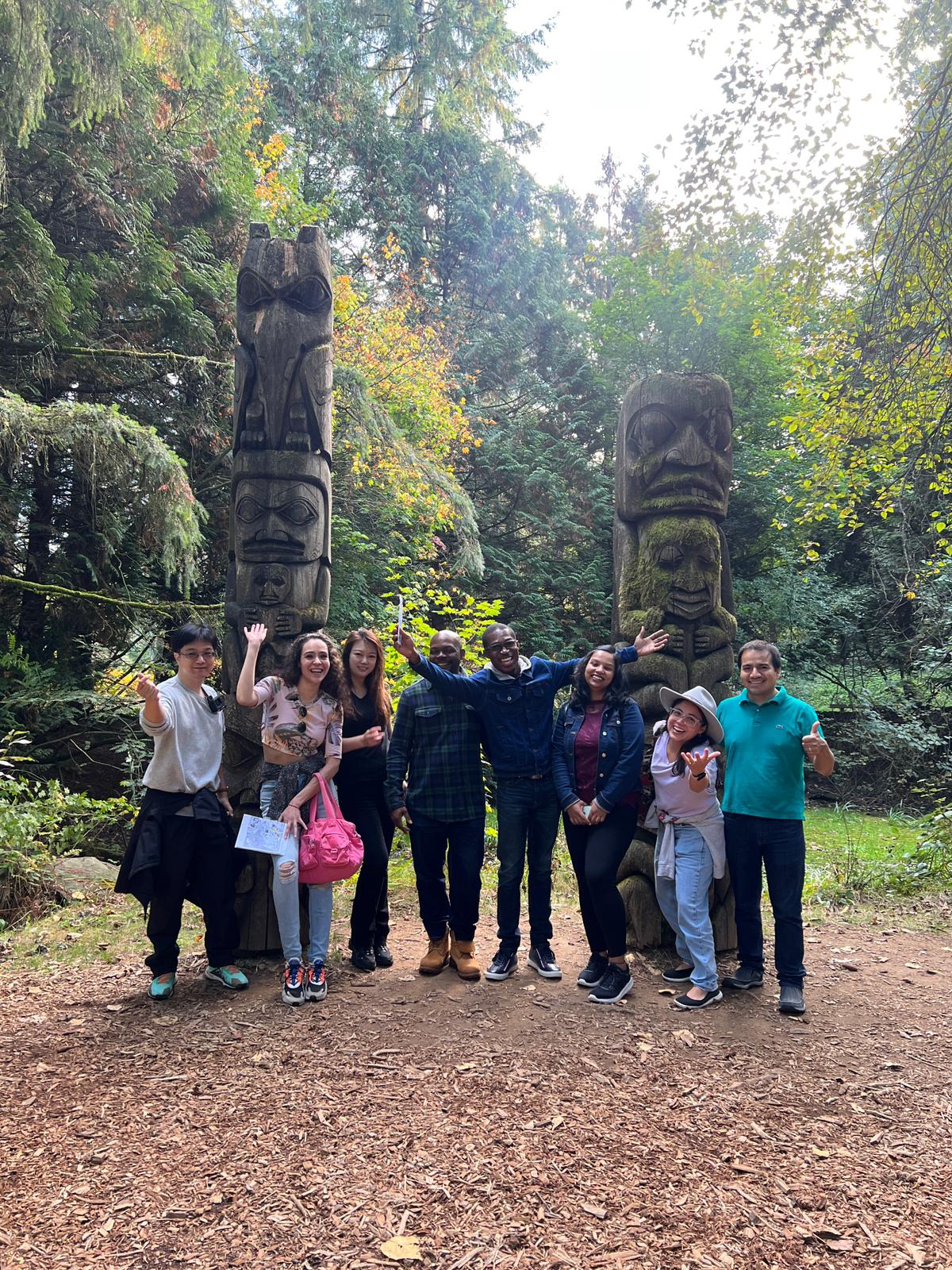Are you familiar with the term JEDI?
When you search for “JEDI” online, you might expect to find references to Star Wars and the Force. However, JEDI is also a term that carries significant weight in everyday life, particularly in the workplace. It stands for Justice, Equity, Diversity, and Inclusion, embodying principles crucial for fostering a fair and inclusive environment.

As a business person, why should I care about JEDI?
As a woman, I recognize the privilege of being born into a family that values my worth and supports my education and career pursuits. I have been fortunate to work in companies where women hold high executive positions based on their exceptional performance. However, I’m also aware that not all companies prioritize fostering an environment of diversity and inclusion where any woman can thrive. To encourage professionals to foster a fair environment where employees can feel respected and included no matter their gender or roots it is important to arm ourselves with JEDI tools.
Armed with these “JEDI” insights, we can elevate our leadership skills in any business setting, whether it is a small startup, a large corporation, or even a global enterprise. By mastering these tools, we equip ourselves to navigate diverse environments, foster inclusivity, and drive success.
Adopting a JEDI mindset in your decision-making processes can lead to enhanced overall performance for your company. By prioritizing justice, equity, diversity, and inclusion, you create an environment where employees feel valued, leading to increased business productivity. I believe that a company’s performance is a reflection of its employees’ morale and satisfaction.
What about Beedie and JEDI?

The FT MBA at Beedie allows you to understand this term with two important tools. The first one is the knowledge about JEDI. We have courses about “theory” around it that are taught with clear day-to-day examples. The second one is in daily life. My cohort is formed with people from more than seven nationalities. This diversity is important because it enriches my perspective as a professional.
I remember my orientation day, when we had a speaker telling us about JEDI. We had a First Nation Chief welcoming us, and that day I thought, I was in the right place. Here, people truly care about people. And that is the way I define JEDI in my mind: truly caring about people, at work, on the train, in the street, and everywhere we go. This sense of caring also involves being mindful of certain issues that are more prevalent than we might realize.
Before embarking on my journey at Beedie, I believed I was fair, and that I fostered diversity and inclusion in my workplace. However, upon immersing myself in the culture of genuine inclusion, I’ve come to understand how easily implicit biases can manifest, often without our awareness.
___________________________________________________________________
About the Author

Daniela Vela is an economist who graduated from Piura University in Peru and holds a master’s degree in project management from Barcelona University. She has over 7 years of professional experience in administration, finance, and elaborating socio-environmental studies. Currently, she is a full-time MBA student at SFU Beedie School of Business and is a member of the JEDI (Justice, Equity, Diversity, Inclusion) Council.